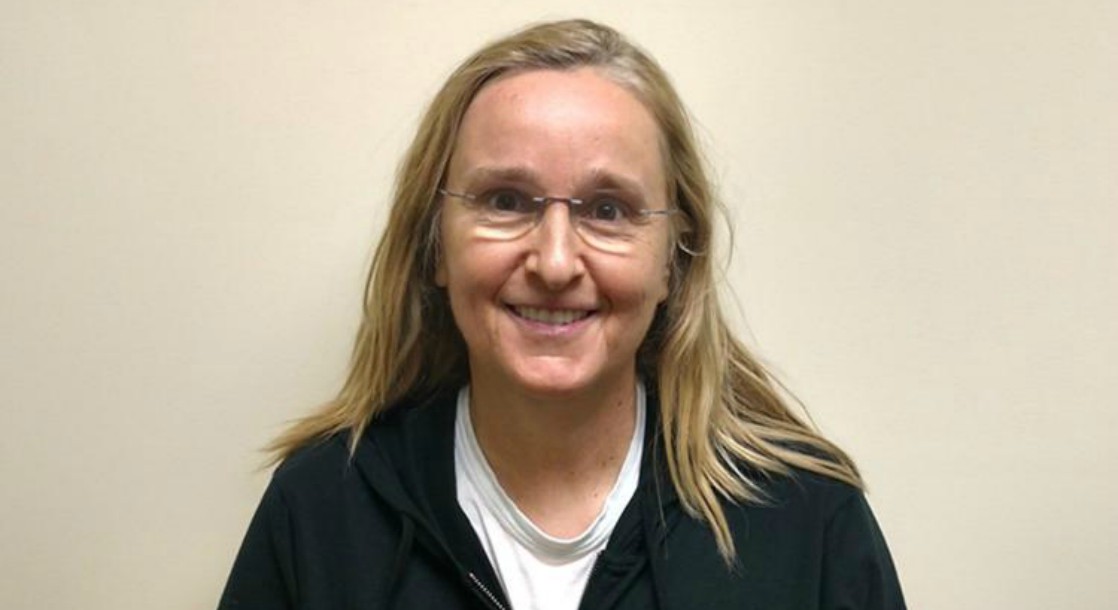Milford Sound, Fiordland National Park, New Zealand; photo via primeimages
After decades of cannabis prohibition, the government of New Zealand is at last beginning to accept the medical benefits of the once-demonized plant. The country banned the use of all forms of cannabis until last spring, when the country's Ministry of Health legalized the use of CBD to treat epilepsy and other ailments. By the end of the year, legislators introduced a new bill to create a nationwide medical cannabis program, allowing cannabis plants to be domestically harvested to create both CBD- and THC-based medicines.
Even though this bill has not yet been finalized, government officials have already started awarding licenses allowing the cultivation of cannabis for medical use. The first of these licenses was granted to a university for research into medical cannabis products, and this week, health ministry officials granted a second license to a canna-business located in the tiny North Island town of Ruatoria. Hikurangi Cannabis, a company that has been running a small industrial hemp farm to provide CBD for medical research, is now authorized to begin growing all varieties of cannabis, including THC-rich marijuana plants.
“It is encouraging to hear officials supporting the need to get New Zealand-made medicines to New Zealanders as quickly as possible,” co-founder and interim chief executive Manu Caddie told the Gisborne Herald. “We’re aiming to providing safe and affordable medical cannabis products to New Zealanders next year.” The company has plans to develop an oral syringe for medical cannabis oils, and a topical cream designed to treat arthritis and related conditions.
Hikurangi will need to greatly expand its operations in order to achieve this goal, and has already broken ground on a new greenhouse facility, which will also include a testing lab. In order to fund this expansion, the company crowdfunded nearly $1.4 million from around 1,500 local residents.
"We are excited to be able to base this new industry in our community, a rural region that desperately needs new economic development opportunities,” Caddie told Radio New Zealand. “Without the strong local support believing in this goal it would not have been possible."
Caddie expects that the construction and staffing of the fresh facility will create more than a hundred new job opportunities, adding that his company's expansion could provide further employment as it expands, possibly doubling household incomes in the area.
Hikurangi has commissioned several clinical research trials to research new cannabis-derived medicines, which are scheduled to take place next year. The company has also entered into a conditional agreement to supply Rhizo Sciences, a Seattle-based cannabis firm, with over $100 million in cannabis products over the next three years.
But before the company can get fully underway with its plans, legislators must finalize the medical cannabis bill that the country’s Parliament is currently debating. The fact that the government is already issuing licenses is a good sign that the legislation will ultimately be approved, however, and Caddie said he expects the bill will pass its final reading by this October.











